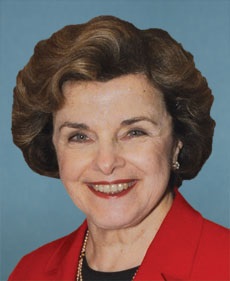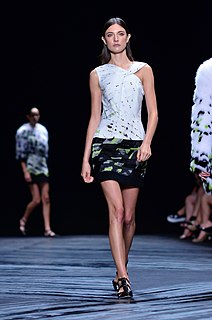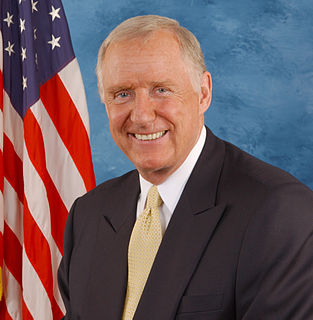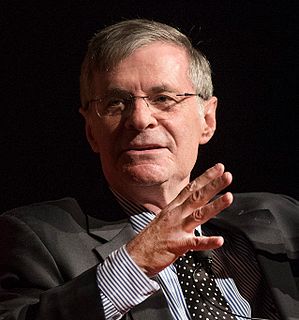A Quote by Elizabeth Emken
The position of Autism Speaks has been for quite awhile that we need to find out what's happening. We know there's a genetic component, and there's an environmental trigger, and until we get to the bottom of what's happening, no one knows what causes autism.
Related Quotes
I think that if I could do any sort of research of autism that I wanted to do, at this point I would take a sample of classic, early infantile autism persons and compare them with what I call "classic late onset autism", individuals. I think we will find that the cause of those youngsters with autism who have autism from birth is probably different than those who have late onset autism.
I think one of the problems with the definition of autism is we keep expanding it. It started as "early infantile autism", and then it became "autism", and now it's "autism spectrum disorder". I'm not opposed to that from the standpoint of trying to broaden our vistas, and so forth. But from a research point of view, the term autism is lost in specificity.
The thing is, autism is all different, you know, variables. And you start out with a certain amount of, you know, the point where the differences in the brain are going to just be a personality variant and, like, for very mild Asperger's. But you get into more severe kinds of autism where there's obvious speech delay, obvious abnormal behavior in a two and three-year-old child, you know, the initial neurology is different from case to case. But all children with autism are going to do better if they get really good educational intervention.
What do we know about autism in 2013? Autism symptoms generally emerge before age three and usually much earlier, often as language delays or lack of social engagement. Recent research suggests that autism can be detected during the first year of life, even before classic symptoms emerge. Indeed, the symptoms may be a late stage of autism.
The main problem, certainly, for the people who will not get vaccinated with Thimerosal, which was put into polio vaccine. And the belief was that it may cause autism. And there's been an awful lot done in terms of studies in Western Europe, Canada, the United States, and no correlation was found between Thimerosal and autism from those children who took vaccines. Indeed, when Thimerosal was taken out of many of these vaccines, the autism rate in the United States still rose.



























